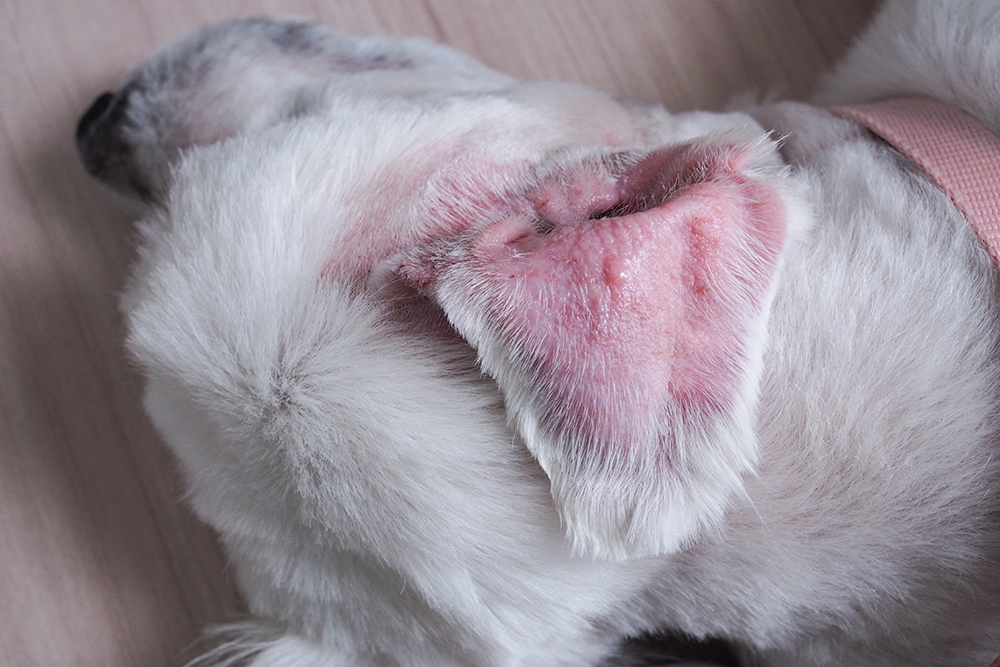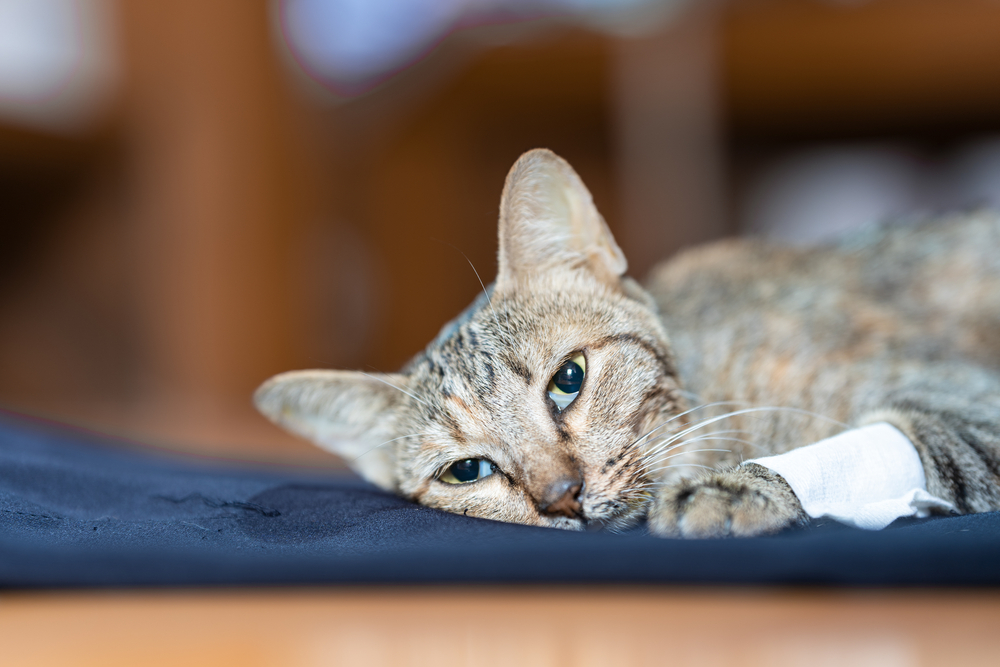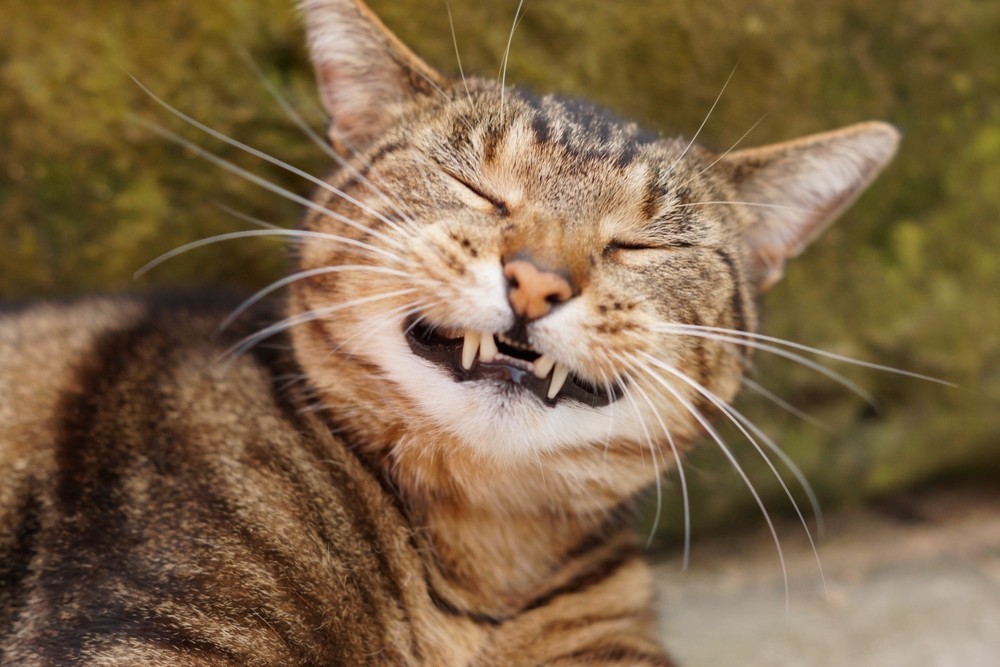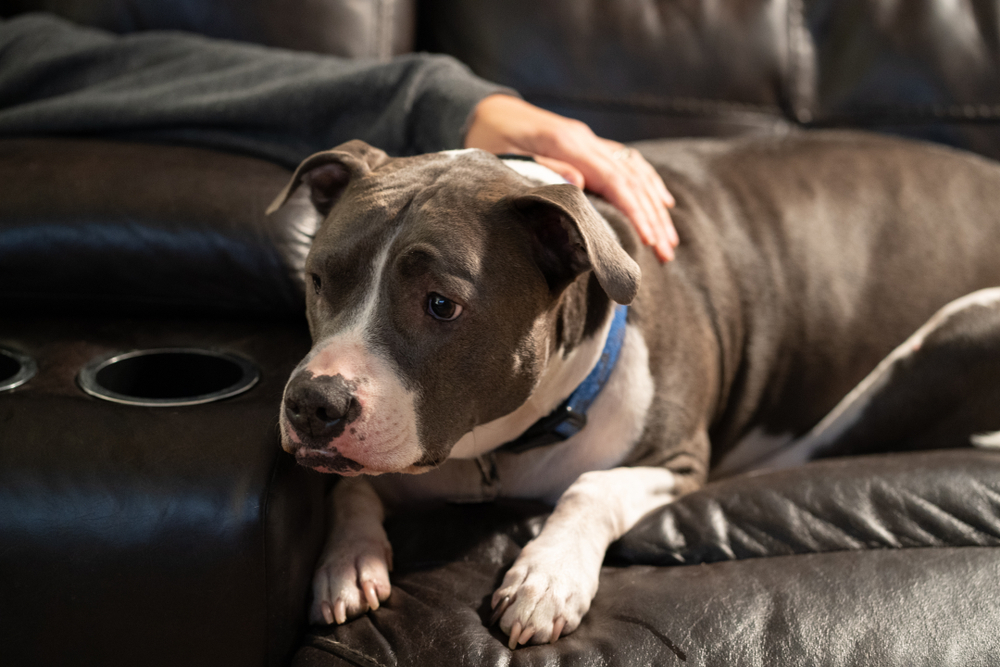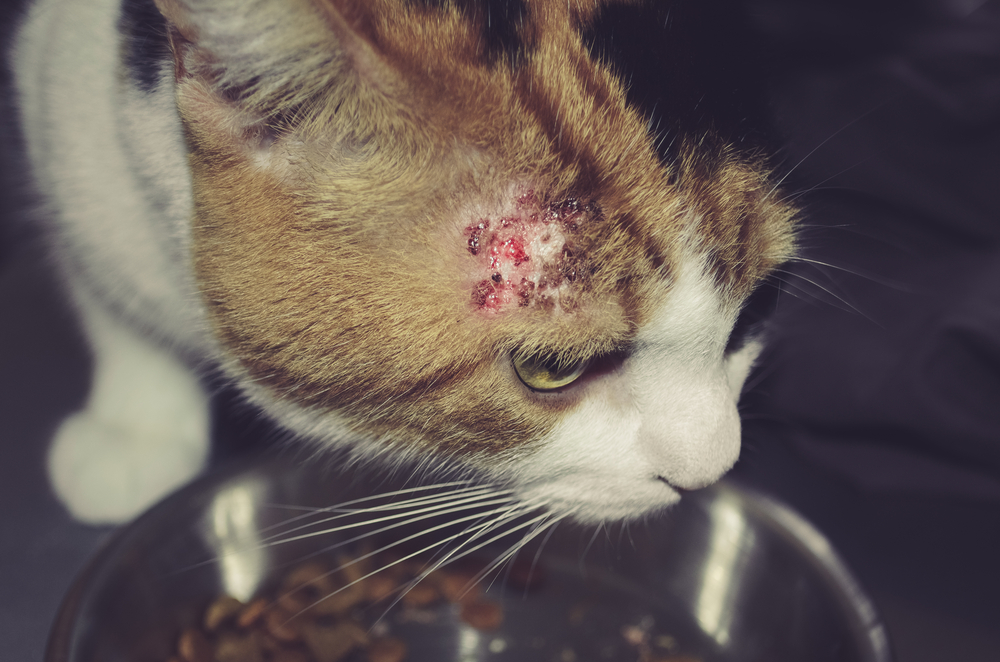Understanding Ear Hematomas in Dogs: Expert Insights
Recognizing and Treating Ear Hematomas in Dogs Ear hematomas are painful, fluid-filled swellings that form between the layers of a dog's ear flap. If left untreated, they can cause discomfort, scarring, and long-term deformity. While not life-threatening, ear hematomas require prompt veterinary attention to relieve pain and prevent complications. At Providence Veterinary Clinic in Virginia [...]

